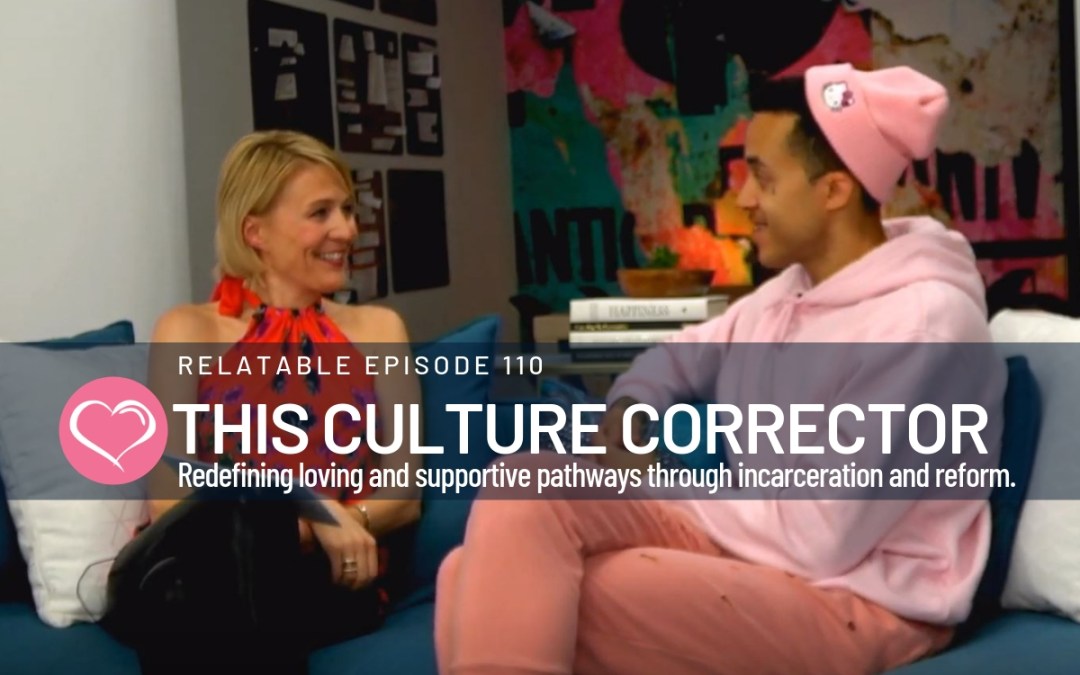The Opioid Epidemic: The View from the ER

View Count: 652
Description
What else should we know about opioid addiction? Dr. Angelique Campen shares her firsthand experiences as an emergency room physician.
Show Highlights
Stephanie shared how we can have a meaningful thanksgiving with some practical communication tips.
Dr. Campen talked about why she picked emergency medicines and what it is like to experience people in emergency situations.
Dr. Campen sharing some history in terms of how doctors are advised to treat pain.
Dr. Campen warning that addiction is not selective, that anyone can be susceptible to addiction no matter if they had previous addictive habits or challenges.
Dr. Campen urging people to ask more questions about the medicines doctors are prescribing.
Resources Mentioned
Find Dr Campen on instagram at @glamerdoc and @acampen on twitter.
Backstory Behind Stephanie and Guest
Dr. Angelique Campen was introduced to me by Amee Gray, a previous guest on Relatable and friend. I appreciate Dr. Campen for wanted to champion the conversation on the different roles the medical professional and the patients have in the opioid issue. Too often people avoid having a conversation about a topic that is too difficult to talk about because the solutions are hard to come by. Dr. Campen equally cares about her healthcare colleagues and patients and knows the way forward is for everyone to keep talking and looking for opportunities to prevent opioid addiction by looking at alternative ways to manage pain. – Stephanie Michele
Social Challenge of the Week
Social Challenge of the Week — Set the Intention for Meaningful Thanksgiving Gathering.
- Set an Intention for Meaningful Relating.
- Reach out to family member to talk to them about how they are feeling about current issues (phone call)
- Weigh out pro and cons of – listing out what topics are off the table or having a structured dialog on the those topics (I highly recommend the later)
- Ask them to bring a game, side dish, bottle of wine, etc. that has a story behind it that evokes a positive/joyful memory. (Bonus for wearing something that does the same)
- Aim for agreement —close the loop with where there was the most agreement by communicating with everyone what the plan will be. (this can done with an email)
- Set the Structure for Your Gathering.
-
- Pre- meal —light conversation, talking about what people are wearing and what dishes they brought with them.
- At Table –before eating — everyone shares what they are grateful for
- During Meal —more storytelling about dishes, Host –can have a couple of signature questions to put out for everyone to ask. Stephanie recommends using the following table topic box. (same box we use on Relatable
- After Meal – Structured Dialog (see below)
- After Structured Dialog – GAME TIME!!
3. Prepare Guidelines for Structured Dialog. (key here —keep a steady flow of questions in the loop to make the conversation more about relating than a debate)
- Ask everyone to agree to be respectful to each other. (Slow down judgement, speed up curiosity with thoughtful questions to find out why a person feels the way that they do, may have to ask a series of “WHY” questions to get there.)
- Ask people to put a hot topic on a piece of paper – put in bowl and draw one at a time
- Sit in a circle –this will help keep order and determine who is speaking
- Host states topic —And asks each person to express their thoughts on the topic. (go in order of how people are sitting)
- After everyone talks —go around the room again and allowing people to repeat back what they heard from others (this is called mirroring, it is helpful for clarity) And ask more questions.
- Ask the group what would be helpful to fact check. A good source for this is https://www.snopes.com/
- Going around the room again, ask for new thoughts —repeat
- Decide together whether to move on to a new topic.
- At the end – have everyone state what they are grateful for and thank each other for their time. Bonus for family hugs!!
Topics Tags
Featured Shows

Relatable Episode 110: This Culture Corrector
An important conversation about prison reform with Richie Reseda, Founder of Question Culture and co-founder of Initiate Justice.

On the Streets
Officer Deon Joseph joins Stephanie in the studio to talk police work, mental heath, community and the streets of Skid Row.

This Group Supports Me
Tabetha Jones, president of Depression and Bipolar Support Alliance Los Angeles joins Stephanie to talk about the journey of managing mental health.

From Hell to Home
From touring musician to addiction to homeless and then home again, Benjamin Shirley has traveled the distance.









0 Comments